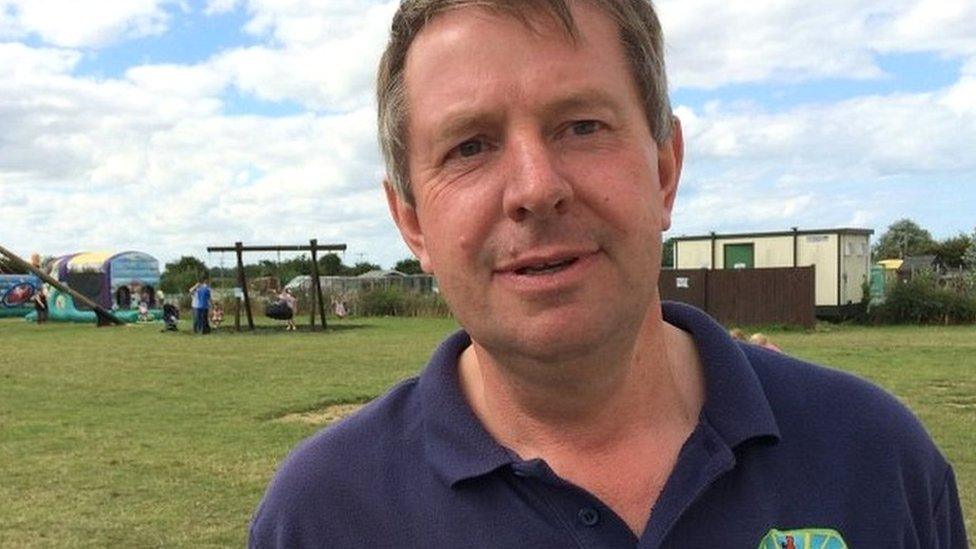Brexit: Tonnes of beetroot left to rot as EU firms look elsewhere
- Published
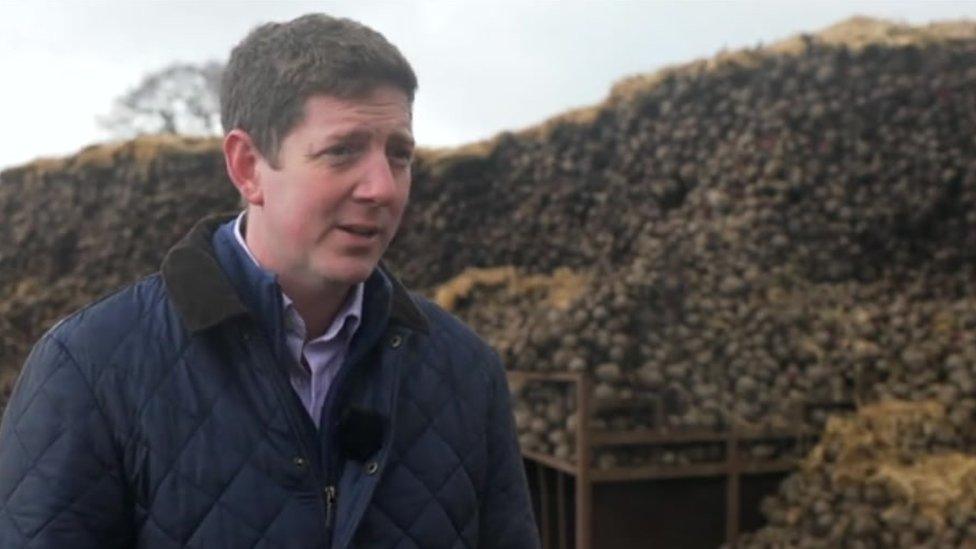
Will Woodhall estimates he will lose up to £90,000
Five hundred tonnes of beetroot is being left to rot due to a collapse in demand, caused by Brexit, a farmer says.
Will Woodhall grows beetroot and spring onions alongside cereals at his farm in Penkridge, Staffordshire.
He expects to lose up to £90,000 after border rules introduced in January has seen firms in the EU look elsewhere, particularly for perishable goods.
Mr Woodhall said he expected to turn the crop into compost instead.
"I was driving down the road and got a phone call," he said. "I was expecting it to be, 'Can we have five more loads please?' but it was 'That's it - no more homes for it.'
"I've been trying to get rid of it left, right and centre, trying food schemes and various things. But haulage is an issue and no-one wants to pay for it."
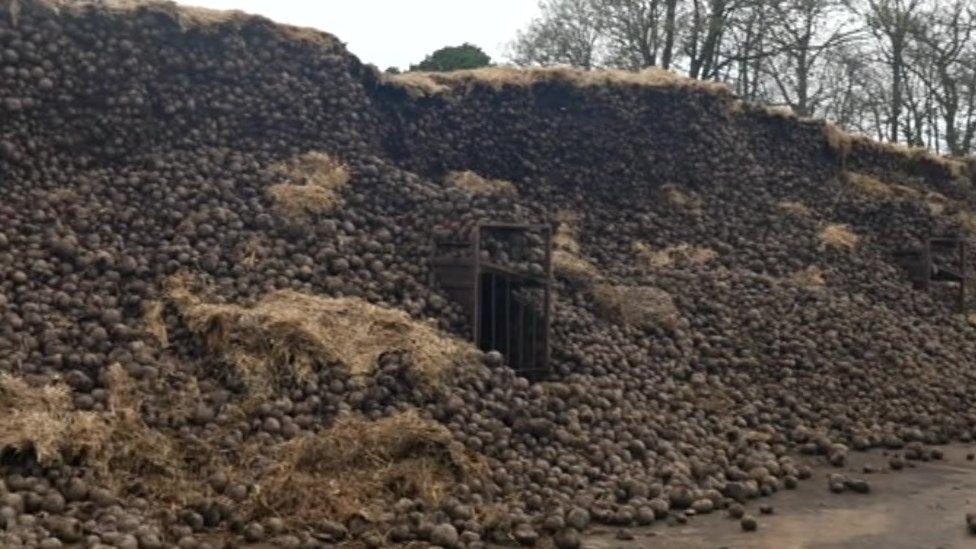
The 500 tonnes of wasted beetroot will likely be turned into compost
Although Britain voted to leave the EU in 2016, last year was the first outside the single market and customs union.
Since 1 January 2022 forms have to be completed in full before products leave the UK.
After Brexit, Mr Woodhall said he had anticipated problems and so had grown a smaller crop. When business boomed, he decided to increase production again, only to be suddenly cut off.
Mr Woodhall is now having to consider a new plan. It is possible his composted beetroot could enrich the soil for another crop: barley.
Used for beer, he believes the crop could prove more of a stable market.
The government has said traders need to get used to new rules, and also take advantage of new trade deals it is negotiating across the world.

Analysis, David Gregory-Kumar, Science, Environment & Rural Affairs Correspondent
This is an amazing crop of organic beetroot and yet no one wants it.
In many ways the year after we finally left the EU was a bit misleading, rules were carried over for 12 months. Now everything is much more formal and exporting to Europe is also much harder, especially for perishable goods.
Beyond that, European companies now find it much easier to avoid all that hassle and just look inside Europe for alternative suppliers.
The next problem then is what to do with it. Carefully grown organic crops are expensive to produce, so any other solutions will involve making a loss.
The last problem is what to grow next to replace the 20% of your beetroot harvest you can no longer export to Europe? There really aren't many good choices at the moment with rocketing fertiliser prices in particular.
This may be a crop of Brexit beetroot being left to rot, but that's just the start of the problems farmers face when deciding what on earth to grow next.

Follow BBC West Midlands on Facebook, external, Twitter, external and Instagram, external. Send your story ideas to: newsonline.westmidlands@bbc.co.uk, external
Related topics
- Published15 March 2022
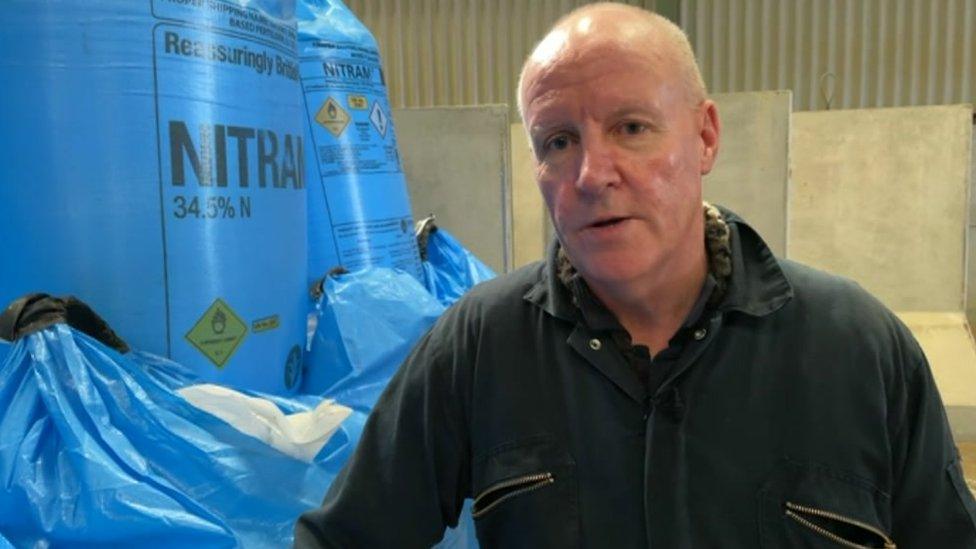
- Published10 March 2022
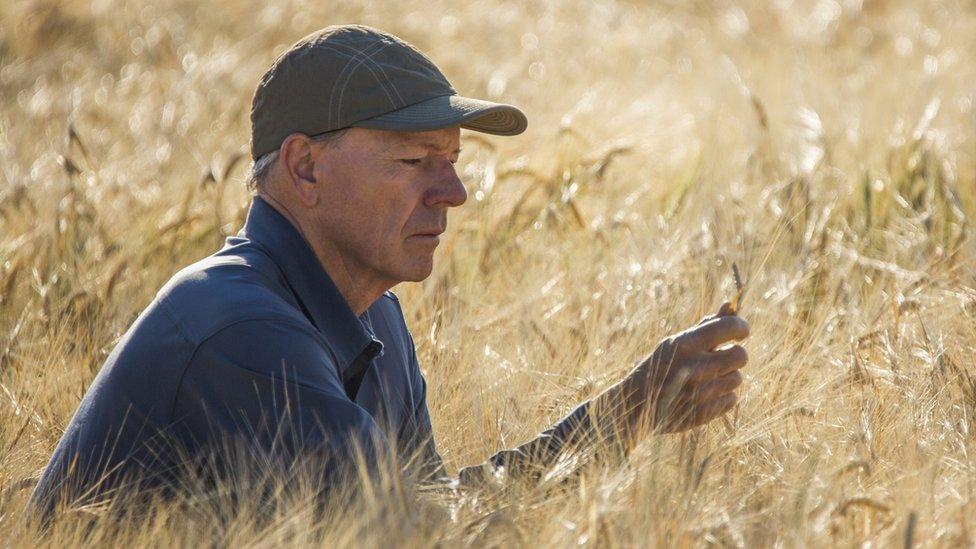
- Published10 March 2022
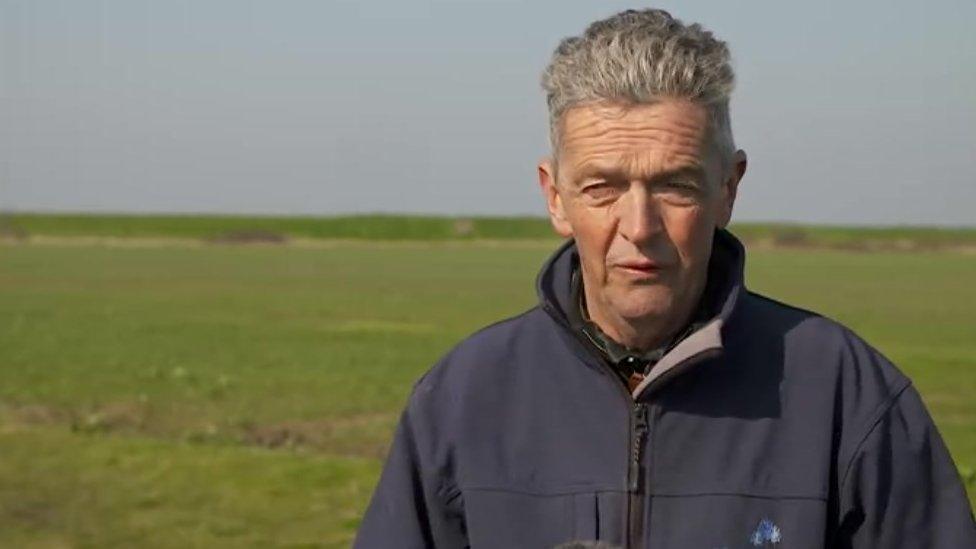
- Published28 January 2022
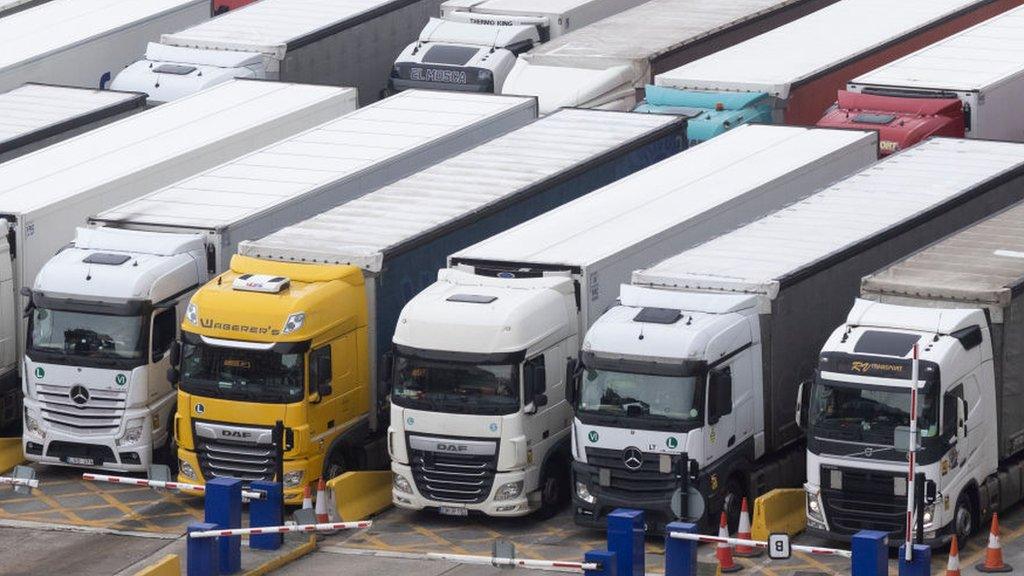
- Published28 November 2021
